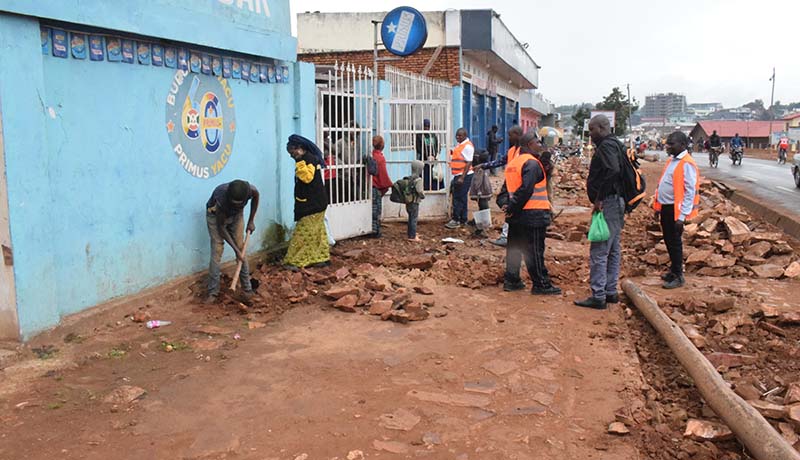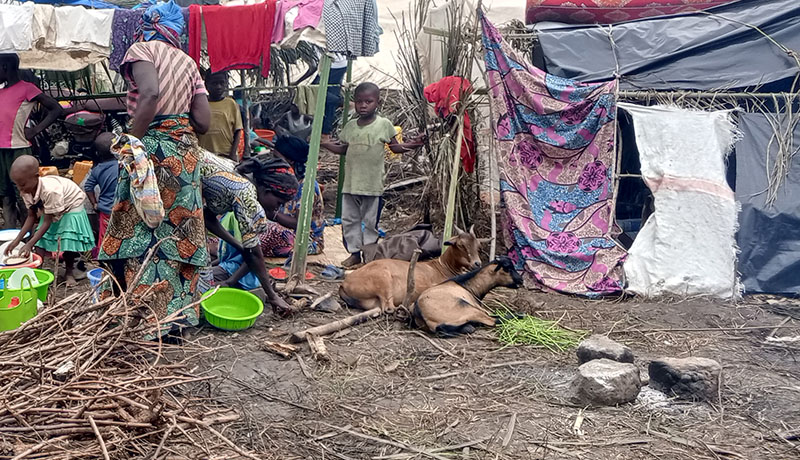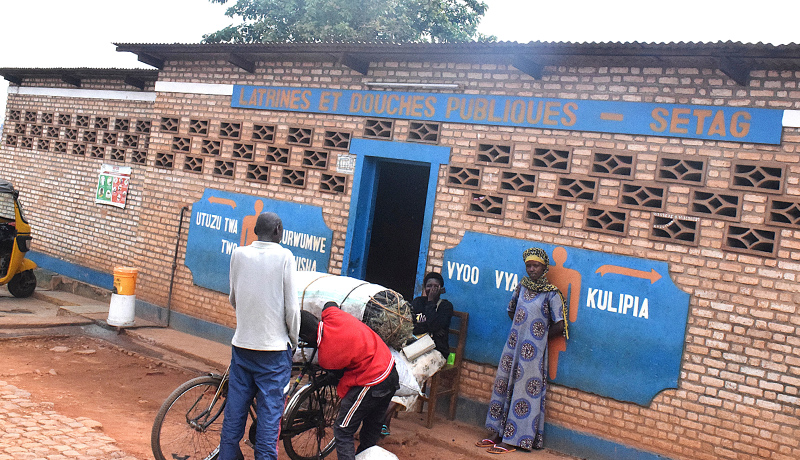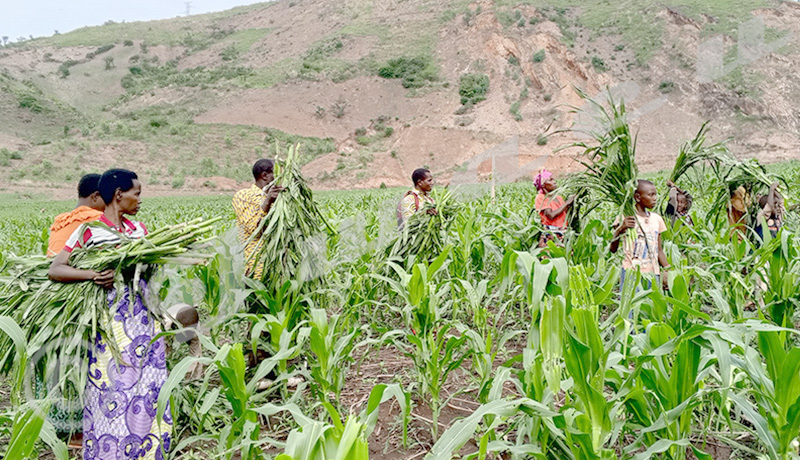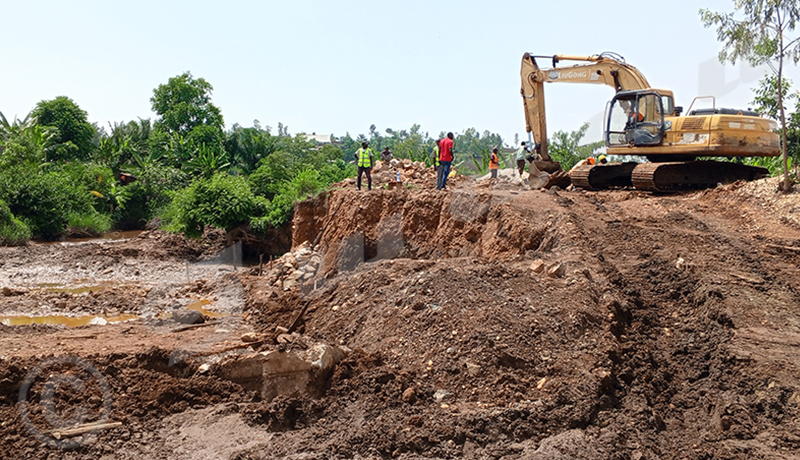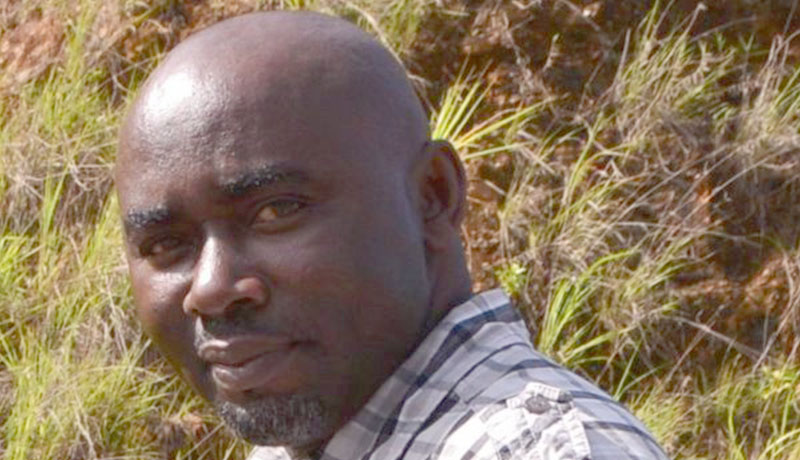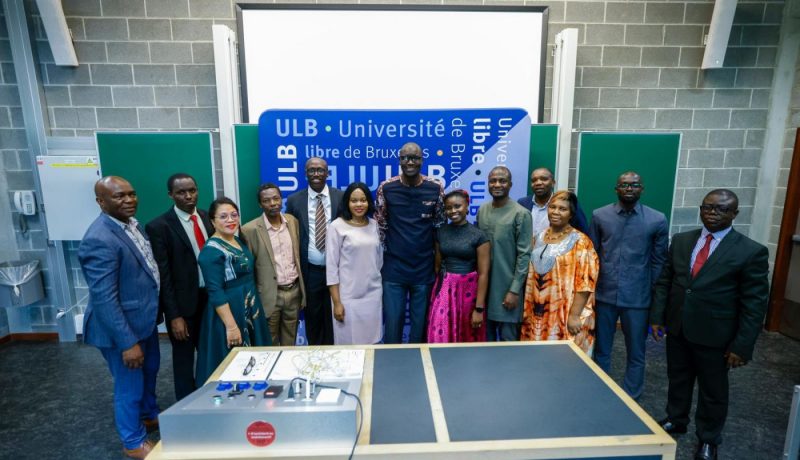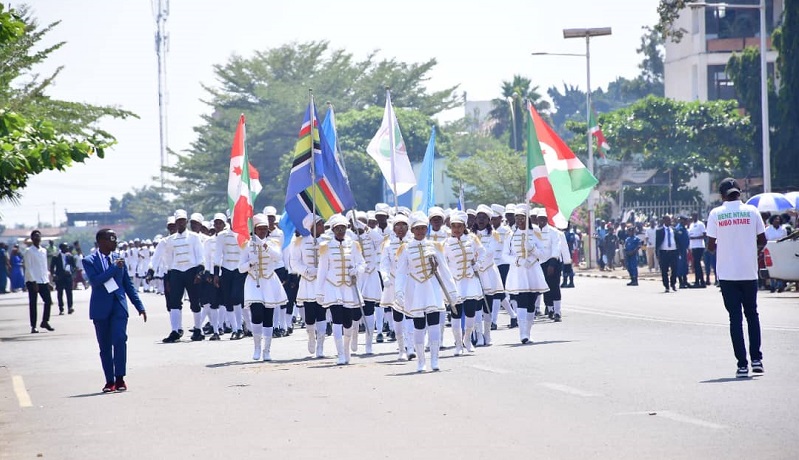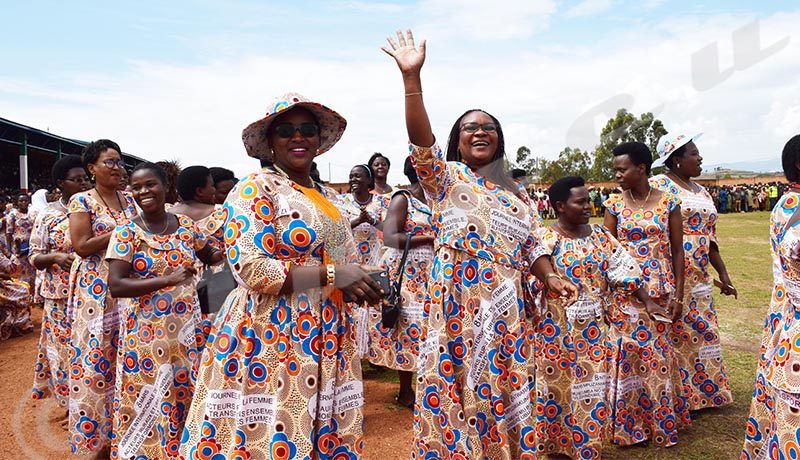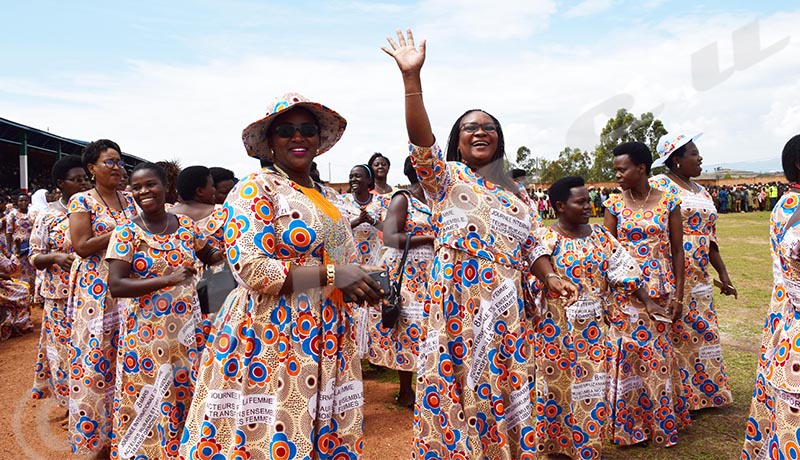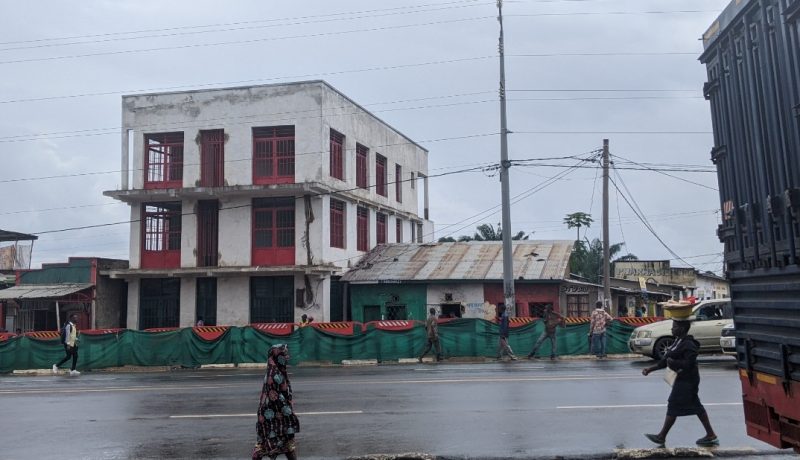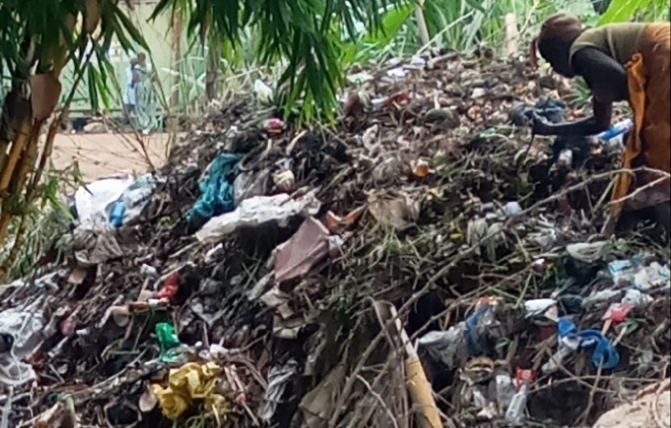The elimination of tariff and non-tariff barriers in countries of the East African community, the improvement of transport infrastructure, etc, Allow landlocked Burundi to access more or less easily the ports of Dar-es-Salaam and Mombasa.
<doc6020|left>"Burundi won’t suffer from isolation because with the elimination of tariff and non-tariff barriers within the East African community, it is easy to import or export", says Dismas Baradandikanya, spokesman to the ministry of commerce, industry and tourism. Indeed, he indicates that on import for example, a commodity quitting Dar- es- Salaam today arrives in Bujumbura after 4 days: "before Burundi’s integration into the EAC, this process could last almost twice this time. He explains that non-tariff barriers which make the journey long have largely been removed: ‘from Mombasa to Kigali, one would stop almost 50 all the way for various controls. But currently, the stops have been significantly reduced. "The cost of the goods, once in the local market, he adds, becomes cheaper due to the reduction of days in the port of Dar-es-Salaam and Mombasa.
About inflation currently referred to in the country, Mr. Barandandikanya is skeptical: "had it not been for the free movement of goods established by the integration of the EAC, the prices of the products would have increased more than it is today”. »
Specifically…
Burundian traders are also victims of the situation of Burundi being landlocked. "With regional integration, we have more facilities at the port of Dar-es-Salaam and Mombasa. There are no longer delays in transit. «With nowadays established computer system, declarations are not slow and we quickly obtain all necessary documents”, Antoine Muzaneza says. He says he is glad that the storage duration in these ports was reduced: ‘before EAC integration, a container could spend 21 days in the warehouse but today it takes only 15 days to leave. According to him, many scales that were in different countries of the EAC were blocking Burundi’s access to different ports. He says that for example they were eight in Tanzania.
"Opening-up"
Other projects which will help Burundi deal with its being landlocked status, are organized, says Oscar Bahizi, an official in charge of communication within the ministry in charge of the East African community affairs. He talks about the construction project of the Dar-es-Salaam-Isaka-Keza-Gitega-Musongati railway. According to him, this railway will be built according to international standards in order to allow the transport of large quantities of goods and a big number of passengers. "The feasibility study of the project is under way and it is funded by the African Development Bank." And Burundi will benefit a lot. "The project railways will enable easy transportation of goods from Dar Es Salaam to Burundi and vice – versa," he says.
Moreover, the railway Dar-Es-Salaam-Kigoma will be expanded, according to Mr Bahizi. He says this project will help Burundi achieve same benefits as the other countries of the EAC in terms of quantities of goods transported to and from Burundi.
Also the expansion of Northern, central and southern corridors is an additional asset, according to the communication officer. "Facilitation of trade being one of the pillars of Customs Union and free movement of the goods being the ultimate goal, EAC member countries commit themselves to widen the northern and central corridors in order to be in accordance with international standards in terms of width and resistance", he says. The other project that Burundi already benefits from is the expansion of the South Corridor linking Burundi to the United Republic of Tanzania and the Republic of Zambia via Kigoma and Sumbawanga, Oscar Bahizi says again. "This corridor is being widened, expanded on Burundian side from Mabanda to Cibitoke via Bujumbura", he says.
Finally comes the dredging of the ports of Kigoma and Bujumbura: "this activity is to be finalized very soon and there will be a good docking of large vessels transporting goods." Therefore, Mr. Bahizi says that if the expansion of the central corridor and the dredging of the ports of Kigoma and Bujumbura end all together, the volume of goods from Dar – Es – Salaam to Burundi will increase with immediate effect on the decrease of selling prices of products entering Burundi.
Despite these opportunities, Burundian traders still claim that they should be granted free storage in the ports of Mombasa and Dar-es-Salaam,: "we pay storage costs while we are in the EAC, when we know that it was free under Belgian colonial rule." In addition, a single travel document for vehicles in transit would be well indicated, because according to them, the fact that each country should require its own document do cost them more time and means.
